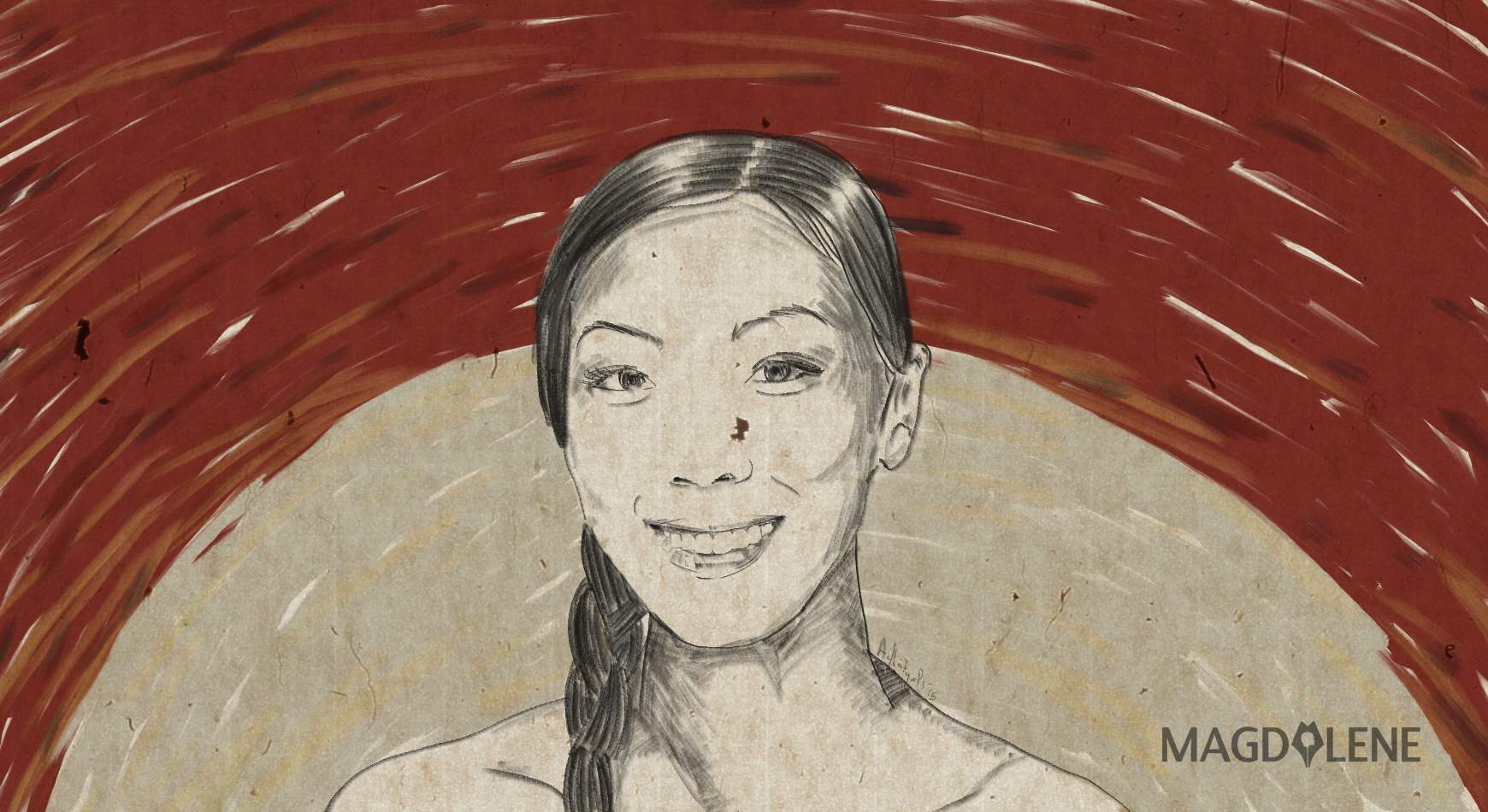I was still in high school when the May 1998 riots, which targeted Chinese Indonesians and their properties, broke out just outside of Catholic high school (Bunda Hati Kudus). I was among the lucky ones who could go home right before the riots went out of control.
But as a Chinese Catholic, I still remember what I experienced that day and the following weeks as if it was just last week.
I remember listening diligently to Sonora radio station for updates, switching off all lights at nights, and stayed as quiet as possible for at least a month at home. I remember thinking this must be what it felt like being in a warzone. I remember going back to school with only a half of my classmates. Some had fled the country temporarily, a few had left for good.
My family could not afford that option, so we stayed put together. But on the day when the riots erupted, I made a promise to myself to pursue a life in which I did not need to be in fear ever again just because of my ethnicity or religion. I was aiming to move abroad to Europe, a place that I thought would make me feel safer and more secure.
My wish came true. I started studying behavioural and social sciences for a master’s degree in 2005 and a doctorate degree in 2007 in the Netherlands. What I did not expect was that I would fall in love with a Muslim Indonesian during my study. I had been in others relationships before him, but he was the only boyfriend with whom I could picture a future together. He made me want to go to wherever he would go, even to go back to Indonesia, a country I had promised to myself to leave from forever.
I felt safe to go back to Indonesia with him. I pictured our future interracial children and how this fact would significantly diminish the threats of being a double minority like myself. I also saw how our relationship could protect my family and me. A marriage with him would be a clear evidence to the Indonesian society that although my family was Chinese Catholics, we were very closely related to a Muslim Indonesian family. I could see how this scenario could go well for everyone.
But my scenario was missing some important elements. Indonesia outlawed interfaith marriages in 1974. More importantly, his family could not believe that an interfaith marriage would work out in the long term. I did not have the heart or intention to convert to Islam.
We agreed not to get married without his family´s blessing. I wanted to get married to extend my family, not to have less of it. After many painful arguments and fierce discussions, we decided to break up. It was like the heartbreak of the century to me. Never in my entire life had I ever crumbled like that. It was like losing an organ that had given me life. I started to have health issues and low-level panic attack episodes.
I felt that I had found my soulmate, yet he was taken away from me because of who I was, a minority. The old wound came back and multiplied.
Nothing helped me to move on. Not dating another person. Not by being a workaholic. Not extending my social life. I had avoided going to church because it only reminded me of our different religions, the main cause of my bleeding heart.
Over a year after the separation, I stopped pretending that I had moved on. I went to a Catholic monastery in the Netherlands to practice noble silence for six days. I decided to deal with my broken heart head-on. I tried to embrace my identity as a Chinese Catholic again after abandoning the church and hating my skin color for some time.
All the emotions, fears, and wound resurfaced simultaneously for me to deal with during the stay. The stay was fruitful because I came home from the monastery feeling human again. I moved on. I stopped blaming him, his family and to a certain extent my country for the pain.
The pursuit to a life without fear that I promised myself back in May 1998 came back stronger than ever. This pursuit has constantly motivated me to work harder, smarter and to accept that the competition for non-Europeans to find a job in Europe is just fiercer. This acceptance has granted me a job in Norway after my doctorate graduation. The job opened the door for me to apply for a citizenship in Norway, a country that I plan to adopt as my new motherland.
I will still forever be an Indonesian at heart and I have seen major improvements in Indonesia related to treating the minority. But I choose to keep my promise that I will never again live in fear just because I am a Chinese Catholic woman.
Although I will forever be a foreigner in Norway and Europe, I feel much more protected here, even as a minority. Having experienced both worlds, I conclude that this is the feeling that I would like to raise my children and grandchildren in: a life without fear for being who they are at birth and who they choose to be.
Ilustration by Adhitya Pattisahusiwa







Comments